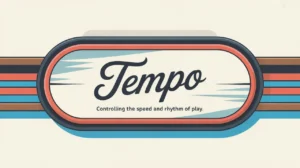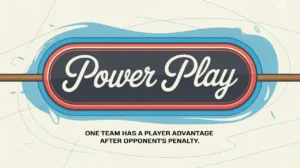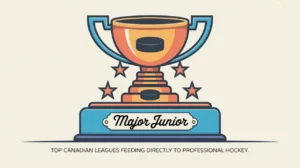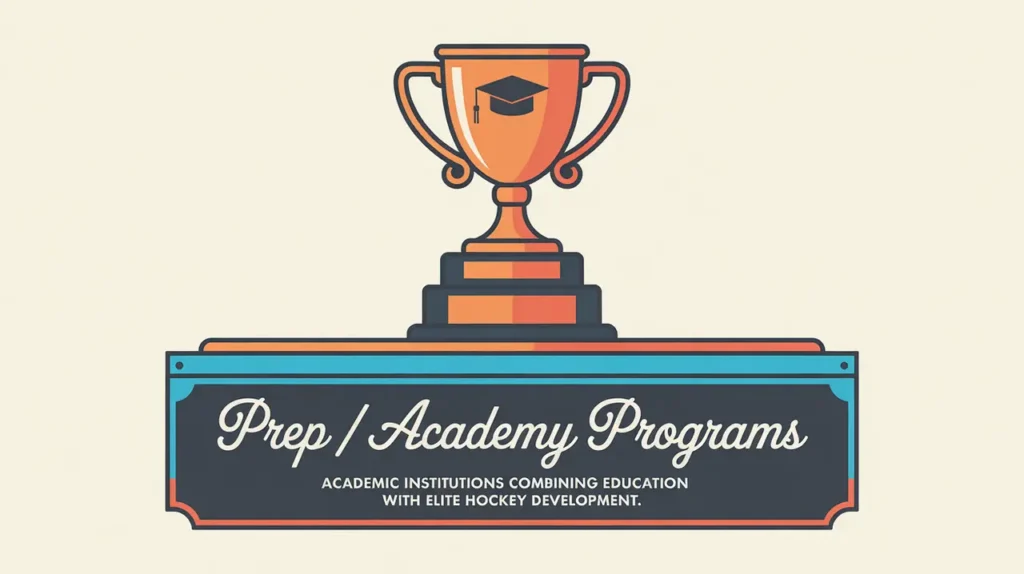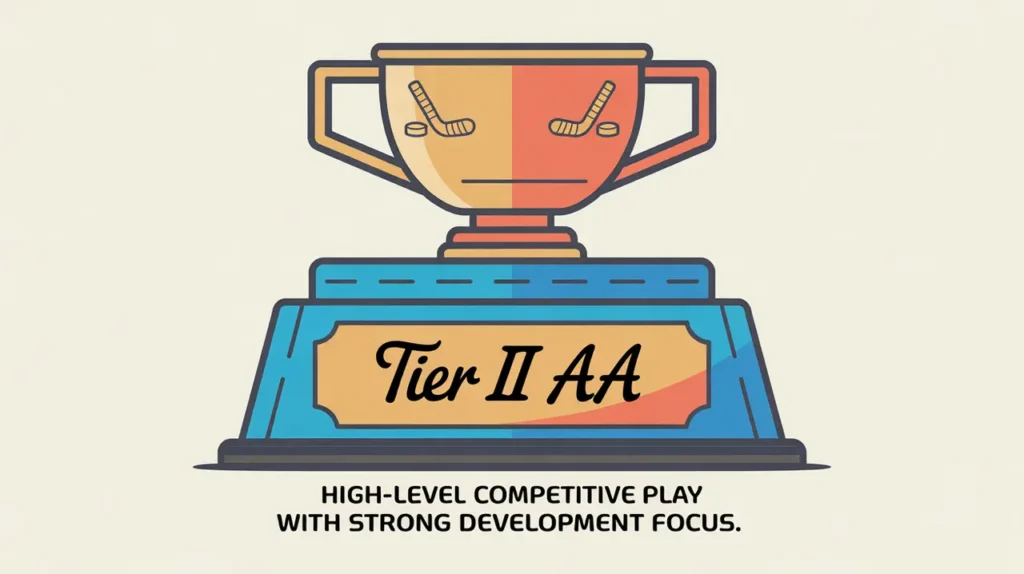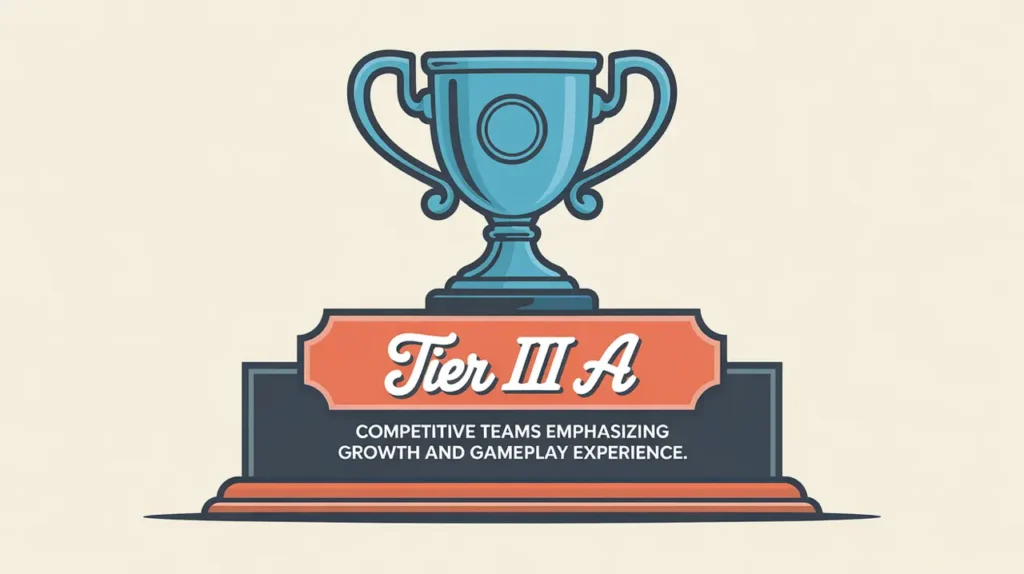Jim’s Intro to ACHA Division II
Hi folks, Jim here, the only commentator who once joined an ACHA D2 practice to improve my hockey analytics skills. I now know that if your team has more goals than the opposition at the end of the game, you win.
What is ACHA Division II hockey?
ACHA Division II is a mid-tier level of non-NCAA college hockey that blends solid competition with flexible structure.
Players often come from junior, high school, or travel backgrounds, and while the intensity may not match ACHA D1 or NCAA levels, the games are fast, physical, and played with pride. D2 programs vary widely: some are highly structured and travel extensively, while others focus on regional competition.
How does it work?
ACHA D2 programs are organized but adaptable:
- Recruitment: Players typically join through informal scouting, word of mouth, or open tryouts. Some come from junior or prep backgrounds.
- Club Structure: Programs are student-run or partially university-supported, with dedicated coaching staffs.
- Regional Leagues: Most teams play regionally, with the best advancing to nationals through ranking systems and playoffs.
- Balanced Schedules: Teams usually practice a few times per week, making it manageable alongside academics.
- Limited Funding: Player fees often help cover travel and operations, though some schools provide partial support.
- Range of Commitment Levels: Top programs push high competition, while others emphasize participation and community.
Common Situations at This Level
- Mixed Rosters: Former juniors, strong travel players, and late bloomers share the ice.
- Regional Rivalries: Games are spirited and often draw solid local crowds.
- Flexible Commitments: Players balance academics, part-time work, and hockey.
- Wide Competitive Spectrum: Some D2 programs play at near D1 level, others more recreational.
- Leadership Opportunities: Players often take ownership in team operations.
How do you make good decisions at this level?
- Assess Program Structure: Look for solid coaching and clear organization.
- Understand Travel and Costs: D2 often involves out-of-pocket expenses.
- Match Your Goals: Decide whether you want competitive play or a balanced, social hockey experience.
- Embrace Responsibility: Teams rely on players to contribute both on and off the ice.
- Balance Academics First: D2 is flexible, making it ideal for students prioritizing their degree.
How do you master this level?
Mastery at ACHA D2 means embracing the balance. It means bringing competitive energy to the rink while managing school and life effectively. Players who excel are often leaders, setting standards for effort and organization.
What does it look like when done right?
A great ACHA D2 program is tight-knit, competitive, and well-organized, giving players meaningful competition and camaraderie without overwhelming their academic life.
Commentator’s Corner
Jim’s Take
ACHA D2 has a scrappy, determined energy. The skill gap can be wide, but the top teams bring real heat.
Parent Tip
Encourage independence. This level gives players space to manage hockey alongside their education.
Player Tip
Own your role on the ice and in team operations. Leadership here makes a difference.
A Final Thought
ACHA Division II hockey provides competitive play with flexibility, making it a strong option for players who want meaningful hockey experiences while focusing on academics and broader college life.


